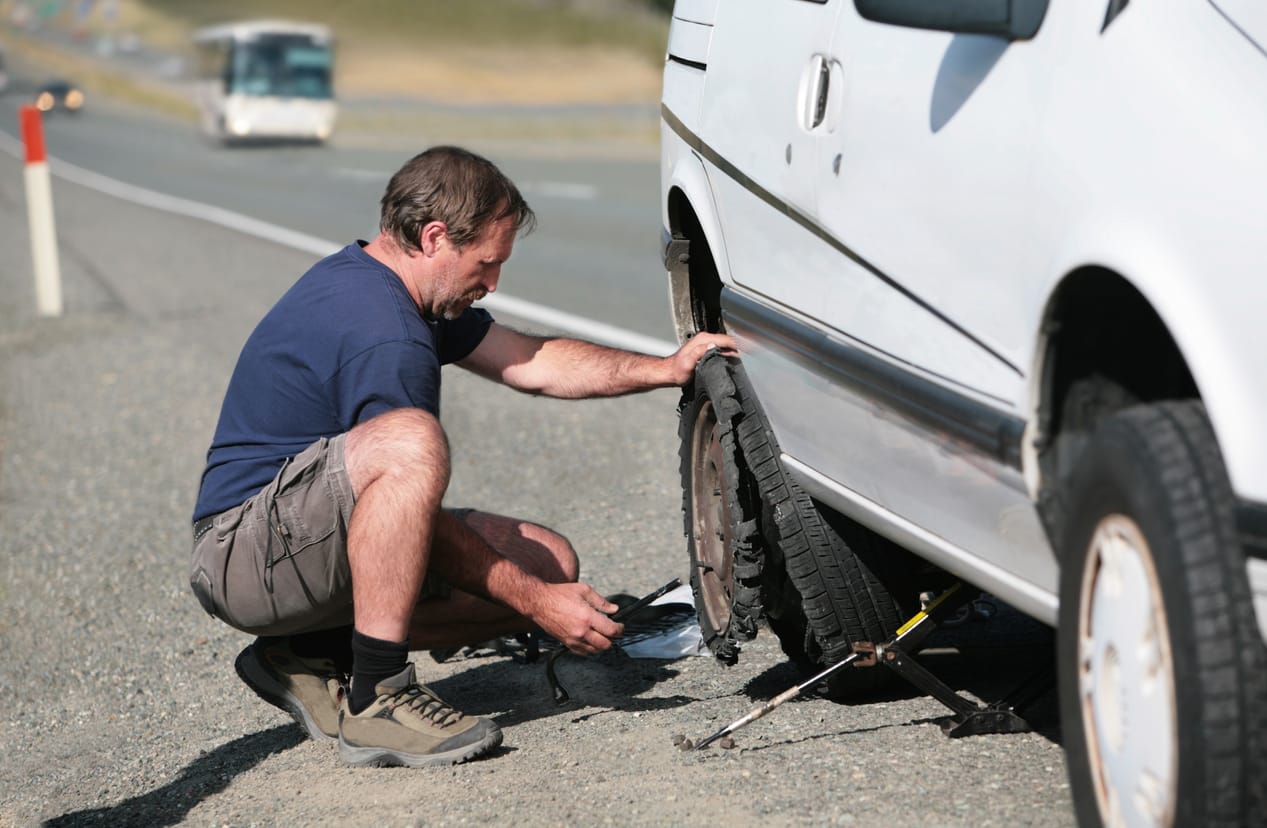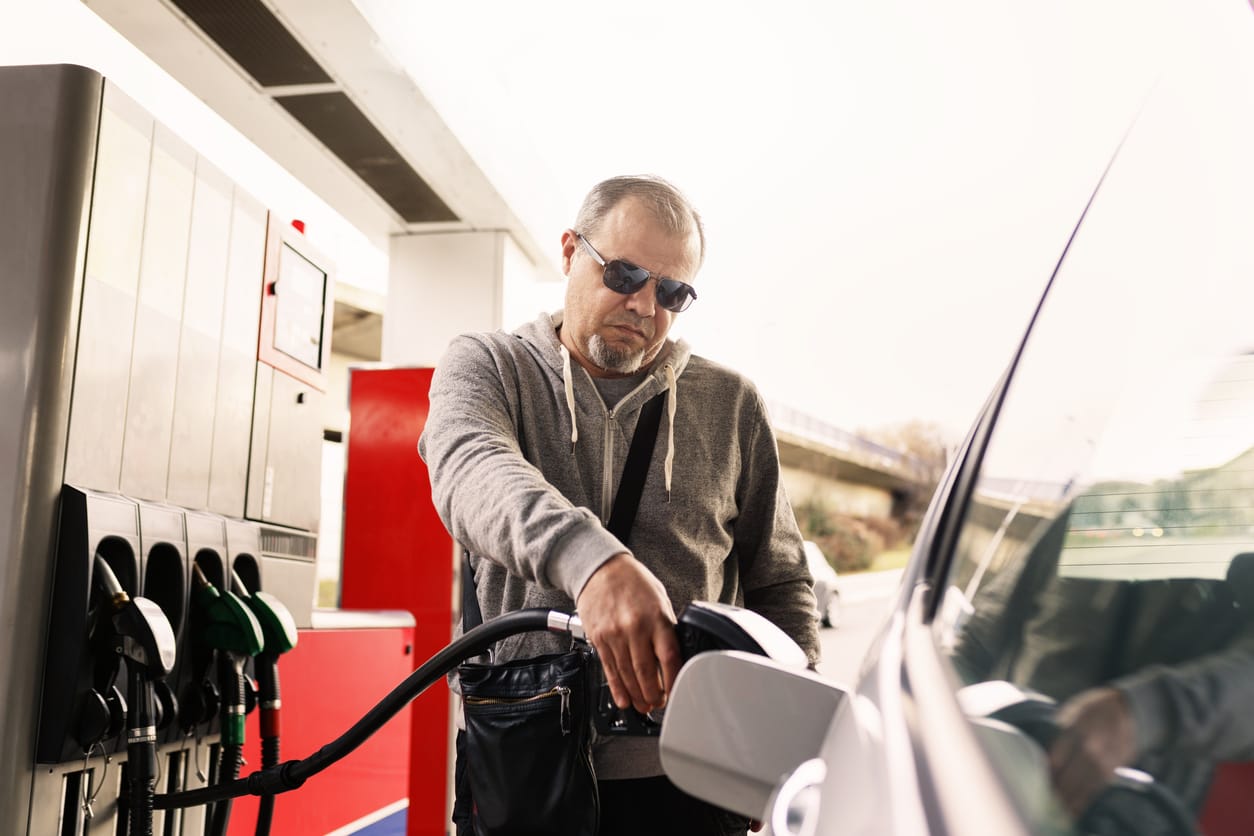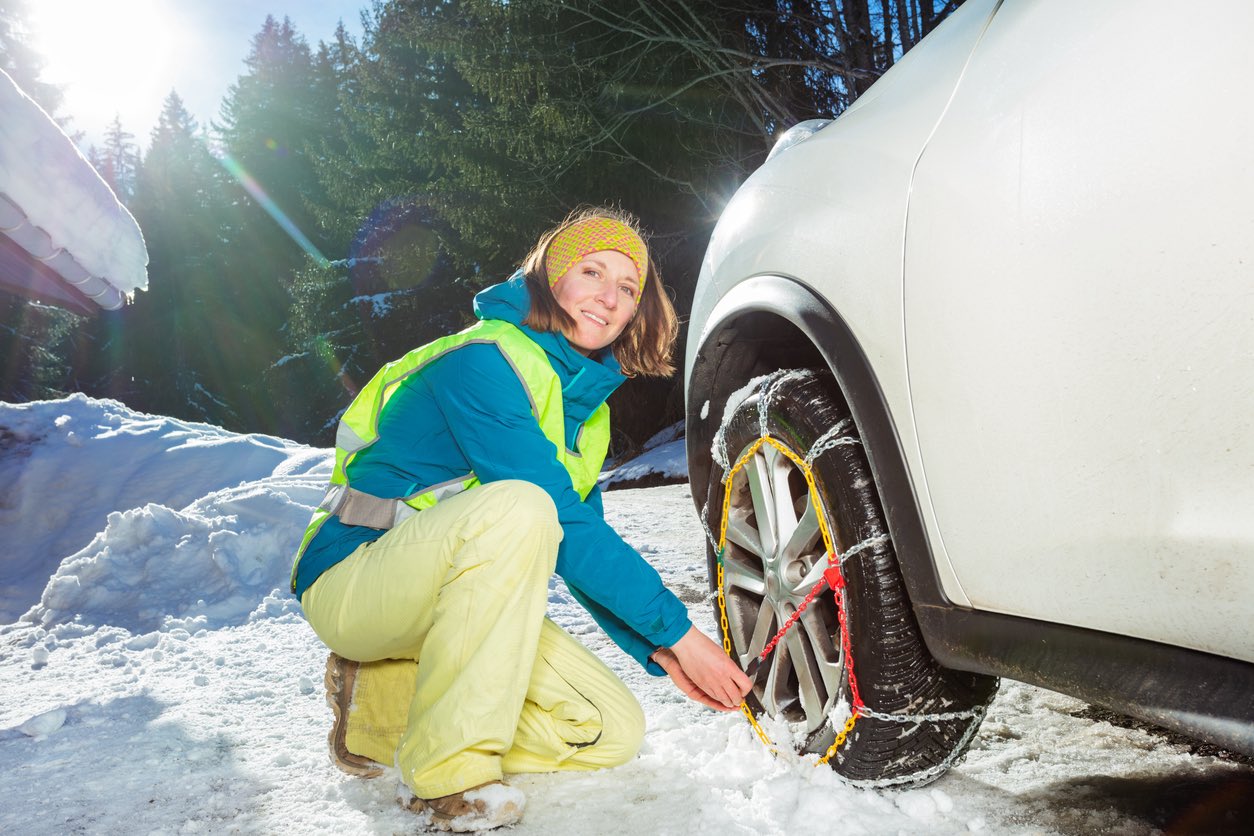The National Highway Traffic Safety Administration says that 738 of the 34,247 deaths and nearly 1.9 million injuries on U.S. roads in 2017 were caused by accidents involving tires. This is the most recent year for which statistics are available. Even though tire-related accidents are only a small part of all vehicle accidents, any accident is a tragedy for the people involved and their families. Some of the most dangerous accidents on the road happen when a tire blows out. This is because there is a chance of a crash, and the car or other vehicles could spin into other lanes of traffic or off the road.
We’ve all seen pieces of shredded tires on a road or highway. This is what happens when a tire blows out. But what causes a tire to go flat? What do you do if you have one out of the blue? And most importantly, what can you do to make it less likely that your tire will blow out in the first place?
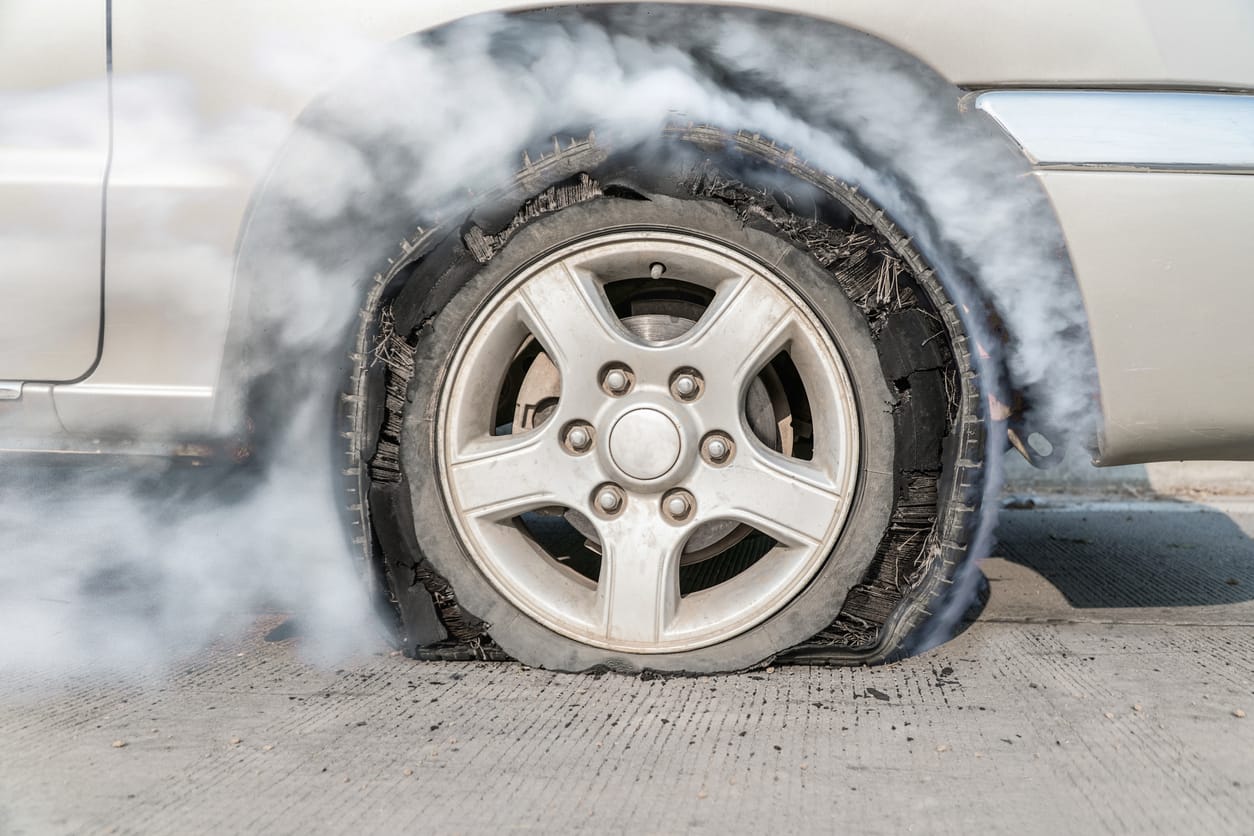
A tire blowout is precisely what? Other ways of describing it that are similarly evocative include catastrophic tire failure and tire rupture. A blowout occurs when your tire explodes and rapidly loses air pressure. When it happens, there is a very distinct sound and sensation.
It can be terrifying and hazardous to have a loud pop followed by the automobile suddenly becoming harder to steer. 9% of accidents, according to the National Highway Traffic Safety Administration, include tires. However, if you are adequately equipped to manage the situation, it need not be.
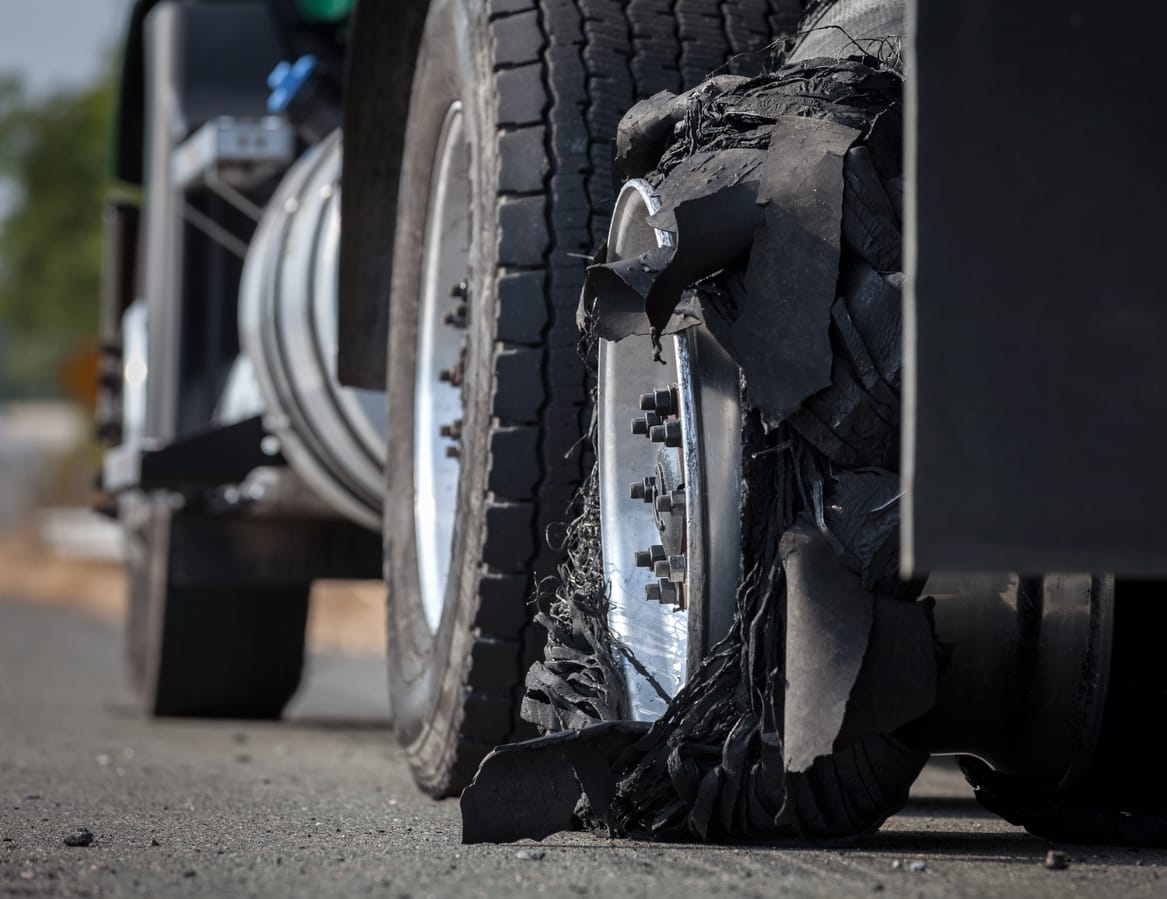
Many things can cause a tire to burst or blow out. And while you can’t change some things, like the weather, you can change many other things. Some of the most common reasons blowouts occur are:
- Driving with tires that don’t have enough air in them.
- Too much weight in the car, like carrying a heavy load, especially if the tires aren’t inflated enough.
- Tires worn down and with little tread are more likely to burst.
- Tires that leak slowly will lose air and more likely blow out.
Did you know that blowouts even have a “season”? Most tire blowouts happen between May and September, and there are good reasons, many of which are out of your control or hard to control.
Some of the most common reasons blowouts occur during these months is the increased distance people drive for vacations. The more you drive, the more stress you put on your tires. Other causes include hotter temperatures, potholes, and other road hazards. Most road construction happens during the summer, which means increased chances of encountering hazards such as a cone in the roadway, nails, and other debris.
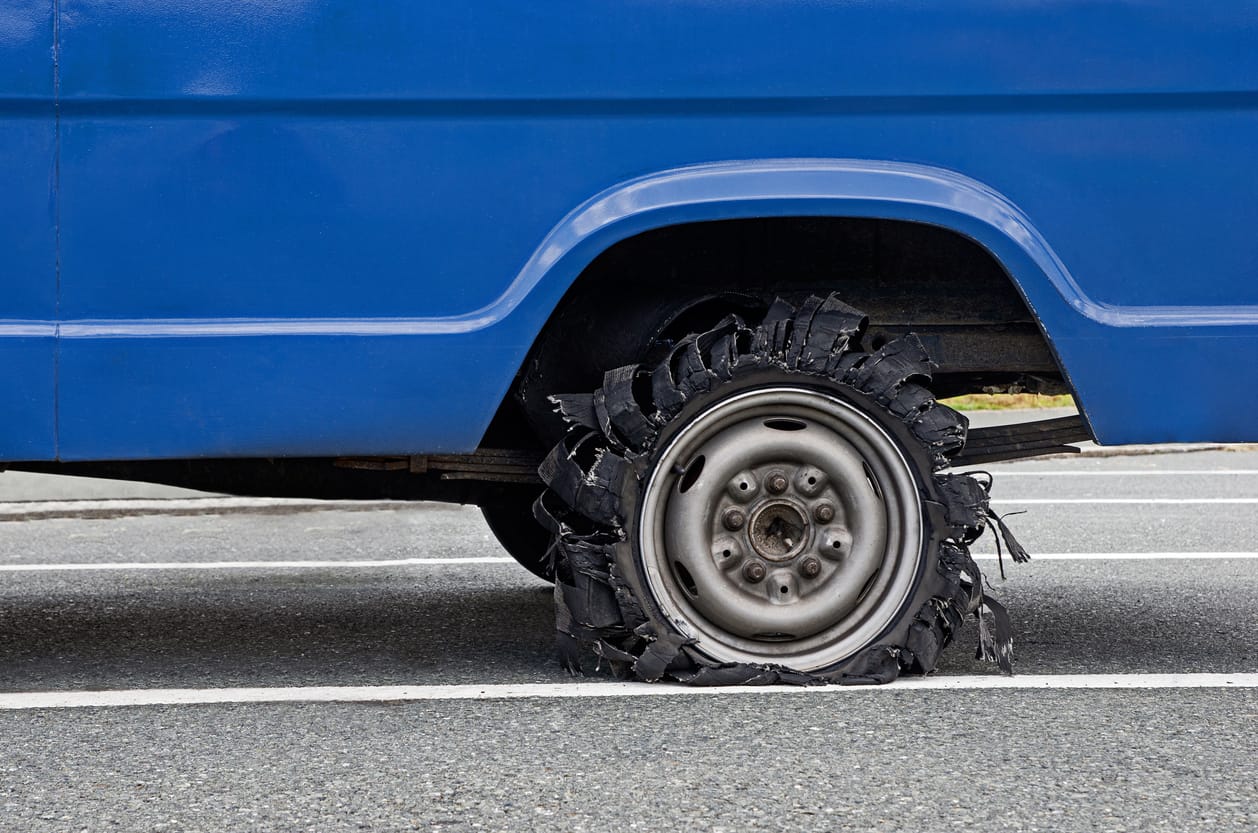
A tire blowout can cause many kinds of car accidents, from small ones, like when a car behind you hits your rear bumper as you try to get off the road, to big ones, like when a big 18-wheeler spins across multiple lanes of traffic. The second accident can cause a bunch of cars to crash into each other, causing numerous injuries and deaths, including severe injuries like quadriplegia and crush-type injuries.
All drivers are responsible for keeping their vehicles safe and following the road rules. Drivers are also responsible for keeping their cars in good shape and getting regular repairs and tune-ups.
When drivers break the rules about how to drive safely or break the law, they haven’t done their duty of care, and a court could hold them responsible if that caused an accident. When someone breaks a duty of care, this is called negligence, and courts can hold negligent people accountable for the harm they cause.
But, of course, a blowout accident is not always caused by mistake by the driver. If a tire blowout was caused by bad road conditions, like deep potholes, a court could hold the people in charge of maintaining the road responsible for the accident.
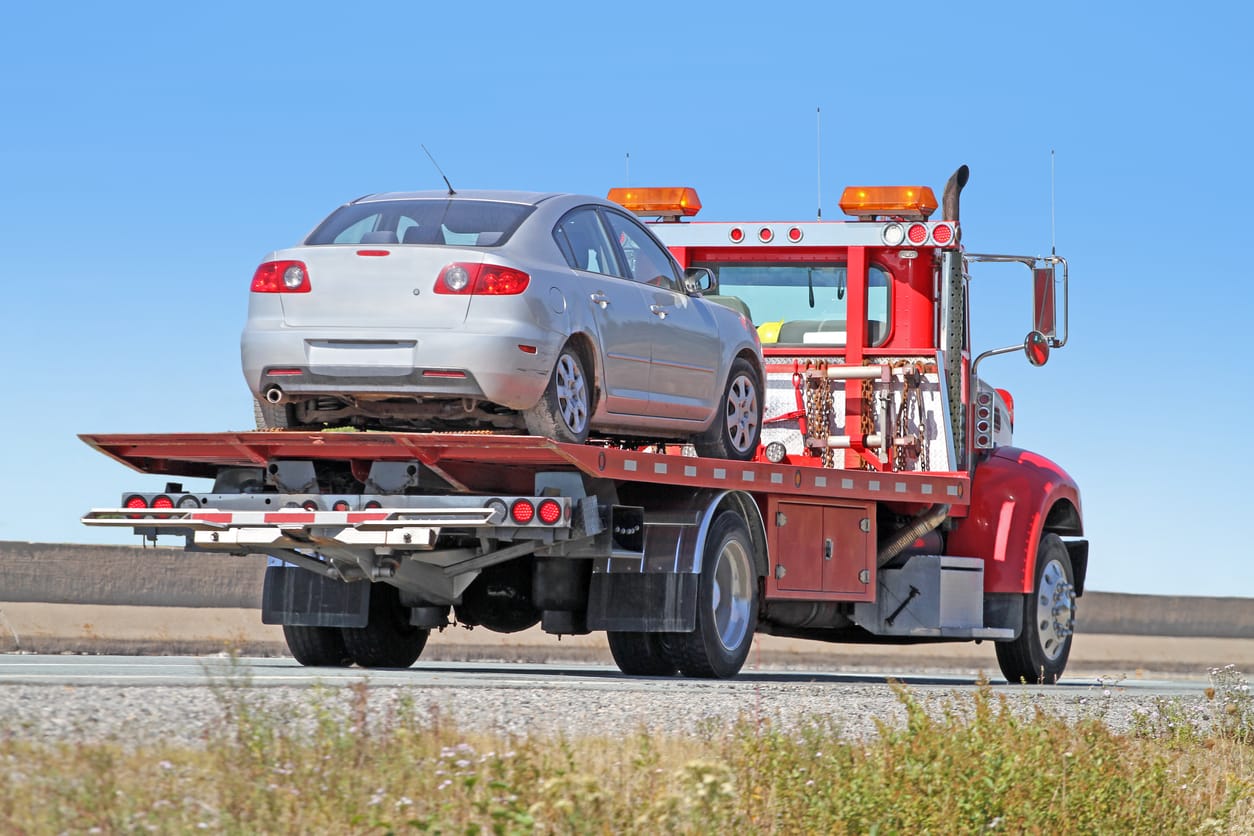
If a tire blows out, you should let the car slow down on its own while steering it slowly to a safe place, away from traffic and off the road. People react when a car slows down or gets hard to drive. However, some drivers may accidentally hit the brakes or try to quickly turn the car off the road to get out of traffic or just to get to a safe place where they can get out and look at the damage.
Try to stop as far from the flow of traffic as possible, whether on a side street or the interstate. Staying in the center of the road puts you and other cars at risk. Use your warning lights to let other drivers know you are not moving. Put the parking brake on, especially if you’ve come to a halt on any incline.
If you’ve experienced car troubles and now you need to ship your car, give a Ship A Car agent a call at (866) 821-4555 to get all the details to ship your car.
